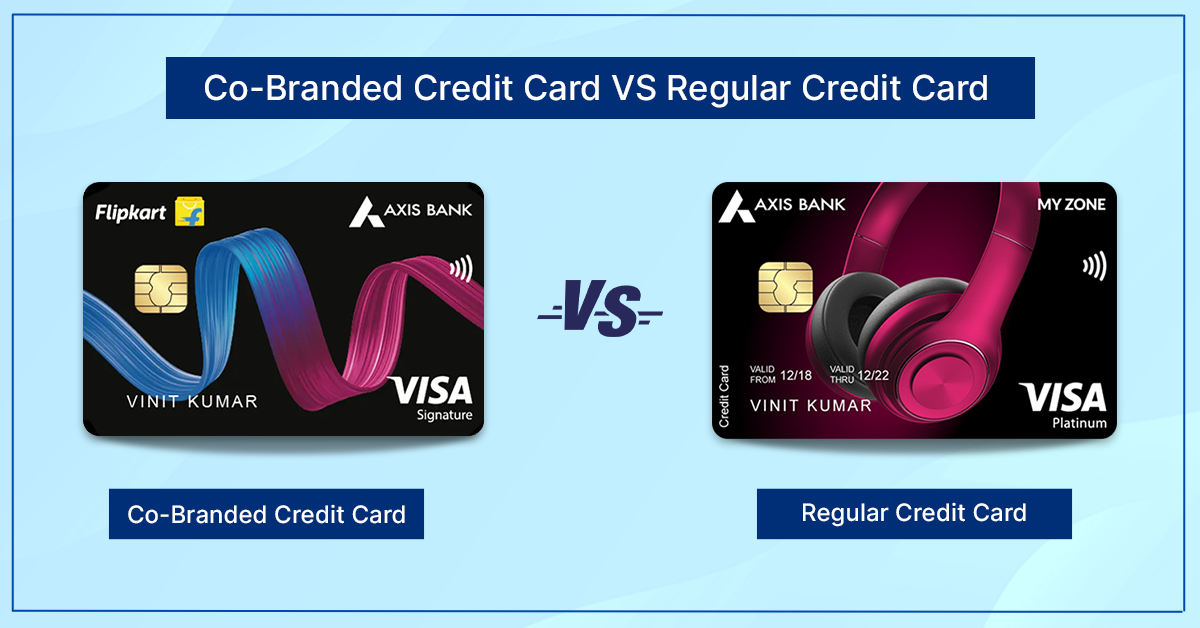The credit card market is very vast, the deeper you dive, the more you will discover. This field is very versatile as well. Depending on your need, there are various options present in the market. Even with just one bank, you will see different credit cards for a particular category.
Every credit card present in the market has something different for its users, suppose some credit cards are very well-suited with fuel but there are credit cards for traveling as well as for shopping. There are different categories of credit cards as well just like the financial status of a person. You can be a high net-worth individual and there are credit cards specifically targeted for your category. Or you can be a common man and there are credit cards under your budget as well. You can even be a student or millennia, and there are credit cards targeting your needs as well.
Not just these normal credit card categories but there are credit cards that are issued in partnership with different brands. Therefore, making two categories of credit cards, i.e., Regular Credit Cards and Co-branded credit cards. These categories are pretty similar and different from each other in one or another way around. Although they both are credit cards but their benefits can have a lot of differences between them. Let’s take a look at both types of credit cards –

Regular Credit card
As the name suggests these are just regular credit cards. Not that these credit cards do not have anything different in them but these credit cards are issued by Banks themselves. Since these cards are issued by the bank all the rights to make the changes in these credit cards are solely done by the bank. All the rules and regulations, interest rates, and fees are at the banks’ disposal.
These are normal credit cards that can have branded partnerships with different labels, for example, food labels like Swiggy, Zomato, or Ola, fashion labels like Pantaloons, Myntra, Amazon, etc, and even dining partners are there. This means that regular credits can get you many discounts and benefits and other perks with their branded partners.
The reward points associated with this type of credit card can be redeemed against the options available with the brochure as per the bank’s guidelines. The rewards point rates and expiration is also at the bank’s sole discretion. This means some credit cards do have reward points with lifetime validity but others do have an expiry date which is normally 24 months after the generation of the points.
Co-branded Credit Card
The co-branded credit card comes into existence when a bank collaborates with a brand or merchant and issues the card. These type of credit cards usually has an excellent rewards program with which you can earn value back on your expenses. These types of co-branded credit cards often bear the logo of both the issuer and the brand along with affiliated partners such as Flipkart, amazon, indigo, Vistara, etc. The card also earns merchandise discounts, points, or other rewards from sponsoring merchants.
These types of co-branded cards can build a good customer base for the merchants or retailers as these cards will give much more discount with that particular brand than that of a regular credit card.
A co-branded credit is sponsored by two brands and cardholders get double benefits from the bank and the retailer or merchant as well. With this type of credit card, airlines were the earliest to adapt and encourage. There are many credit cards in the market presented by different Airlines and issued by different financial institutions.
There are different co-branded credit cards in the market as well such as fuel credit cards where fuel brands collaborated with financial institutes and shopping credit cards where brands like Amazon and Flipkart have associated themselves with the banks.
The co-branded credit cards work like any other regular credit card and in order to issue a co-branded credit card, a merchant or any brand has to cooperate with financial institutions. Often these financial institutions have already acquired the credit card market and have credit or debit cards.
Here are a few examples of regular and co-branded credit cards by the different banks :
| Branded | Co-Branded |
| SBI ELITE Credit Card | Paytm SBI Credit Card |
| Axis Atlas Credit Card | Axis Vistara Signature Credit Card |
| Cashback SBI Credit Card | Paytm SBI SELECT Credit Card |
| HDFC Bank Regalia Gold Credit Card | Tata Neu Infinity HDFC Bank Credit Card |
| IDFC First Select Credit Card | IDFC HPCL First Power Credit card |
| ICICI Bank Emeralde Credit Card | Emirates Skywards ICICI Bank Emeralde Credit Card |
| Kotak Zen Signature Credit Card | Kotak Bank IndiGo Airlines Credit Card |
| PNB RuPay Platinum Credit Card | PNB RuPay Select Patanjali Credit Card |
All these above-mentioned credit cards cover almost all the categories and types of credit cards present in the market. And they are further distinguished between branded and co-branded parts.
Conclusion
Both regular and co-branded credit cards have something different but not all. Both of these are types of credit cards that are debt tools and are used to increase the financial status and purchasing power of the users. Both these credit cards are issued by the bank. The only difference is that there is one more partner in issuing the co-branded credit card and the rewards types and discounts that they present to the cardholders.
Co-branded cardholders do get exceptional benefits with the brand and the bank both but they work just like a regular credit card. The interest rates, charges, and fees are subject to change and are at the sole discretion of the financial issuer itself under the RBI guidelines.









